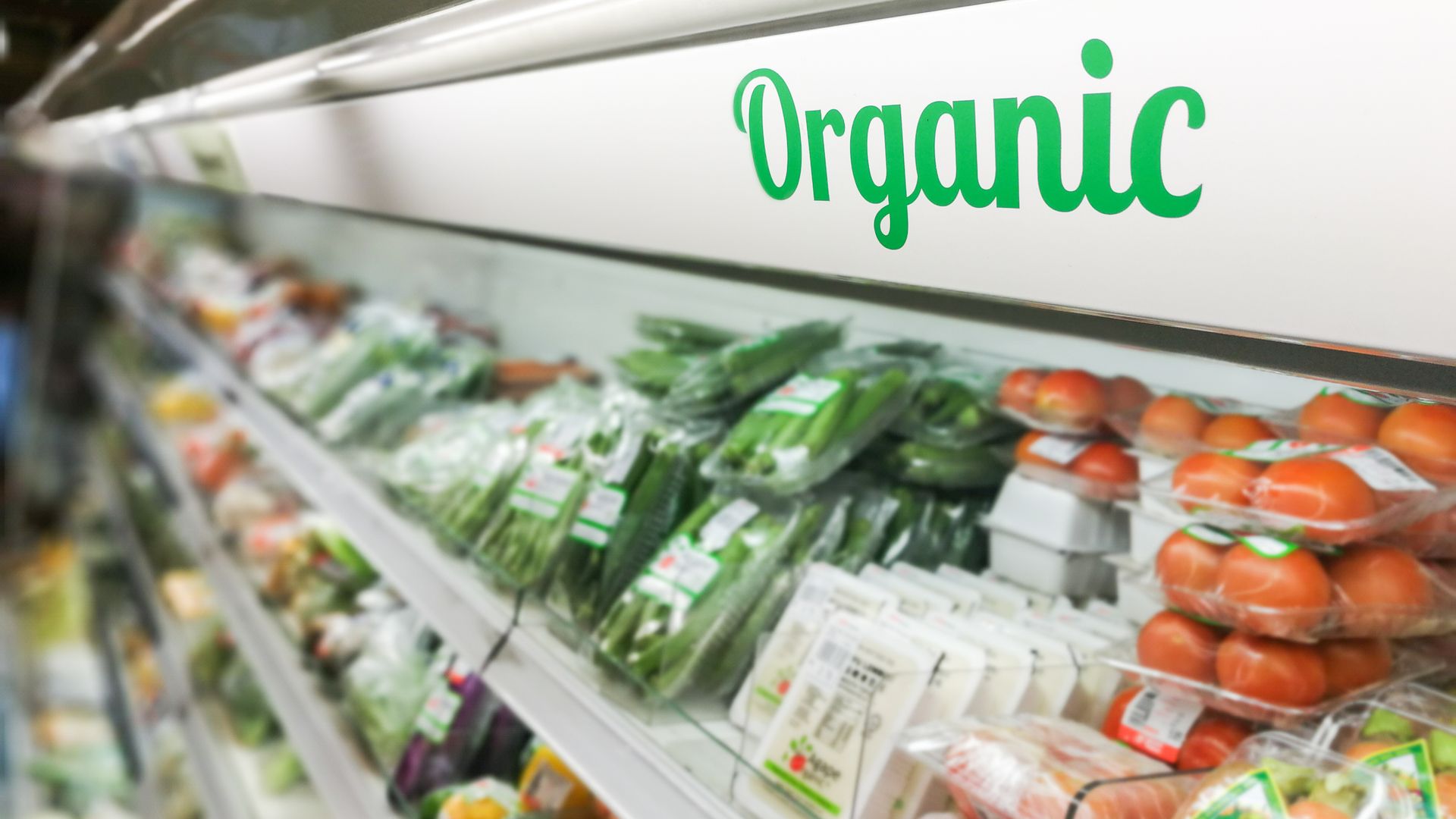
With food prices continuing to climb, many of us (myself included!) are asking: is buying organic really worth it? And if so, which foods actually make a difference to our health? As a nutrition, health, and wellness coach, even I like a little clarification sometimes.
To help assess the real difference between organic and non-organic foods—and to identify which ones are worth paying extra for—I spoke to a doctor for a practical, evidence-based verdict.
Thankfully, supporting your health doesn’t require doubling your food shopping bill on exclusively organic foods. Here are the ones to prioritize paying more for, even when your budget is tight.
### What Are Organic Foods?
From meat to fruits and vegetables, there are plenty of organic foods available in supermarkets. However, there are some common misconceptions about what “organic” truly means. According to Dr Daniel Atkinson, Clinical Lead at Treated,
> “A common misunderstanding is that organic foods are pesticide-free, but this isn’t necessarily true. Organic foods may contain pesticides, but these are often in smaller amounts or are naturally derived.”
He explains that organic foods generally have higher nutritional content than non-organic foods, but this doesn’t mean non-organic foods lack nutritional value.
It’s also important to understand the labels on organic food products. According to the U.S. Department of Agriculture,
> “‘100% organic’ refers to a fully organic product, but if it simply says ‘Organic,’ that typically means 95% of the ingredients are organic.”
### Which Foods Should You Only Buy Organic, and Why?
Organic foods often come at a considerable price premium compared to their non-organic counterparts. For many of us, upgrading all fresh produce to organic may not be realistic. However, some foods are particularly worth the extra cost.
Dr Atkinson recommends:
> “It’s good to buy organic fruits and vegetables where you’ll eat the skin, such as strawberries, peaches, spinach, or apples. This is because pesticides can remain on the outer skin even after washing.”
From this perspective, foods with thick, non-edible skins—like bananas, avocados, or oranges—might be less critical to buy organic since their natural protective layer helps reduce pesticide residue exposure.
Animal products such as eggs, meat, and fish may also be worth purchasing organically. This is because synthetic growth hormones, antibiotics, and certain feed additives are often used in conventional farming, which might affect nutritional value.
Additionally, people concerned about animal welfare might prefer organic animal products, as they’re generally produced more ethically and sustainably.
It’s also worth noting that organic foods tend to be more expensive. However, regular foods—organic or not—are still regulated and must meet safety standards before going on sale.
### The Dirty Dozen
One helpful way to decide which foods to prioritize buying organic is to refer to the “Dirty Dozen” list published by PAN UK. This list highlights fruits and vegetables most likely to contain residues of two or more pesticides, which could impact health.
Here’s the most recent Dirty Dozen list, along with the percentage of tested samples found to have multiple pesticide residues:
– Peaches and Nectarines – 85%
– Grapes – 84%
– Strawberries – 83%
– Cherries – 81%
– Spinach – 73%
– Apples – 72%
– Brussels Sprouts – 50%
– Cucumber – 47%
– Tomato – 46%
– Apricots – 43%
– Lettuce – 39%
– Beans with pods – 38%
### The Clean Fifteen
If you’re looking for fruits and vegetables with the lowest amounts of pesticide residues, the Environmental Working Group (EWG) publishes the “Clean Fifteen” list, which identifies produce that tends to have the least pesticide contamination.
[Note: Add the Clean Fifteen list here when available.]
—
In summary, while buying all organic foods may not be necessary or affordable, prioritizing certain fruits, vegetables, and animal products can make a meaningful difference to your health—without breaking the bank.
https://www.hellomagazine.com/cuisine/866576/doctor-reveals-best-organic-food/





